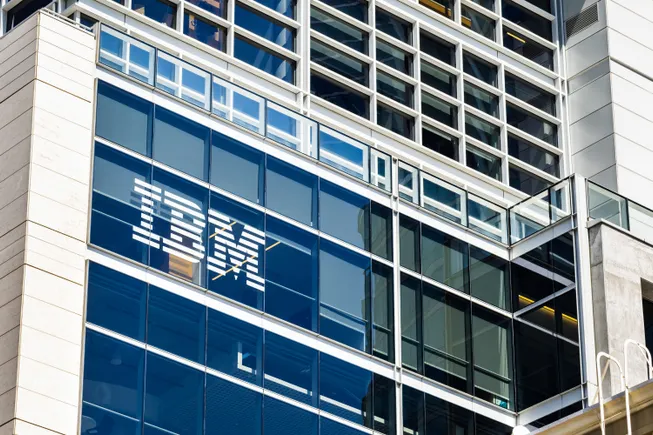Dive Brief:
- Workplace leaders hold tremendous potential to improve their employees’ lives: 34% of employed individuals say they are most influenced by a manager, colleague or organizational leader, a percentage slightly less than those who name a family member (44%), according to a Feb. 11 report from Gallup.
- Regardless of who they are or where in the world they live, “the most influential leaders in peoples’ lives can meet challenges and opportunities head on by demonstrating four fundamental traits: hope, trust, compassion and stability,” with hope as the stand-out quality, according to a 2024 Gallup study of adults in 52 countries, Gallup said.
- In the workplace, people view organizational leaders through a different lens than they do managers and colleagues, the report found. The more senior a leader is, the more their employees look to them for hope and inspiration, Gallup noted.
Dive Insight:
With stress levels rising among workers, rapid advancements in AI, digital transformations and changing dynamics related to remote and in-office work, it follows that employees want a sense of hope, which Gallup defines as the need to feel positive about the future and for leaders to provide a clear direction, according to the report.
“Hope is a powerful motivator,” the report emphasized. It gives employees something better to look forward to and enables them to navigate challenges, Gallup said.
Without hope, “people disengage, lose confidence and become less resilient,” Gallup stressed.
The study showed that younger people (18-29) express a greater need for hope, relative to trust, which Gallup described as the need for honesty, respect and integrity.
Employees are also demanding moral leadership from CEOs and managers, according to a February 2024 report from The HOW Institute for Society, a leadership development firm.
Moral leadership — or the lack of it — impacts everything from team trust to employee loyalty to the bottom line, The HOW Institute found. More than 9 in 10 employees believe moral leadership is more urgent than ever, its research showed.
People are an organization’s most important asset, and effective leadership is critical to managing people-related risks, such as decisions about rewards, managing health and benefits costs, cybersecurity issues and mismanagement of AI, a May 2024 report from Mercer and Marsh, Marsh McLennan companies, pointed out.
HR professionals and risk managers view ineffective leadership as the biggest people risk to organizations today, the report found. Without the right culture, politics and training, people can expose organizations to risk, a Mercer executive stated.
To build a solid and effective leadership training program, employers should start by establishing what gaps currently exist in leadership development and the competencies the company wants to build, McLean & Co. recommended in a January report.
Then, an employer can craft its training program with proper mapping of activities and measurements of success, and define how the program will be maintained in the future, the report suggested. Involving senior leaders as “change champions” can help in the development process, McLean said.






Leave a Reply